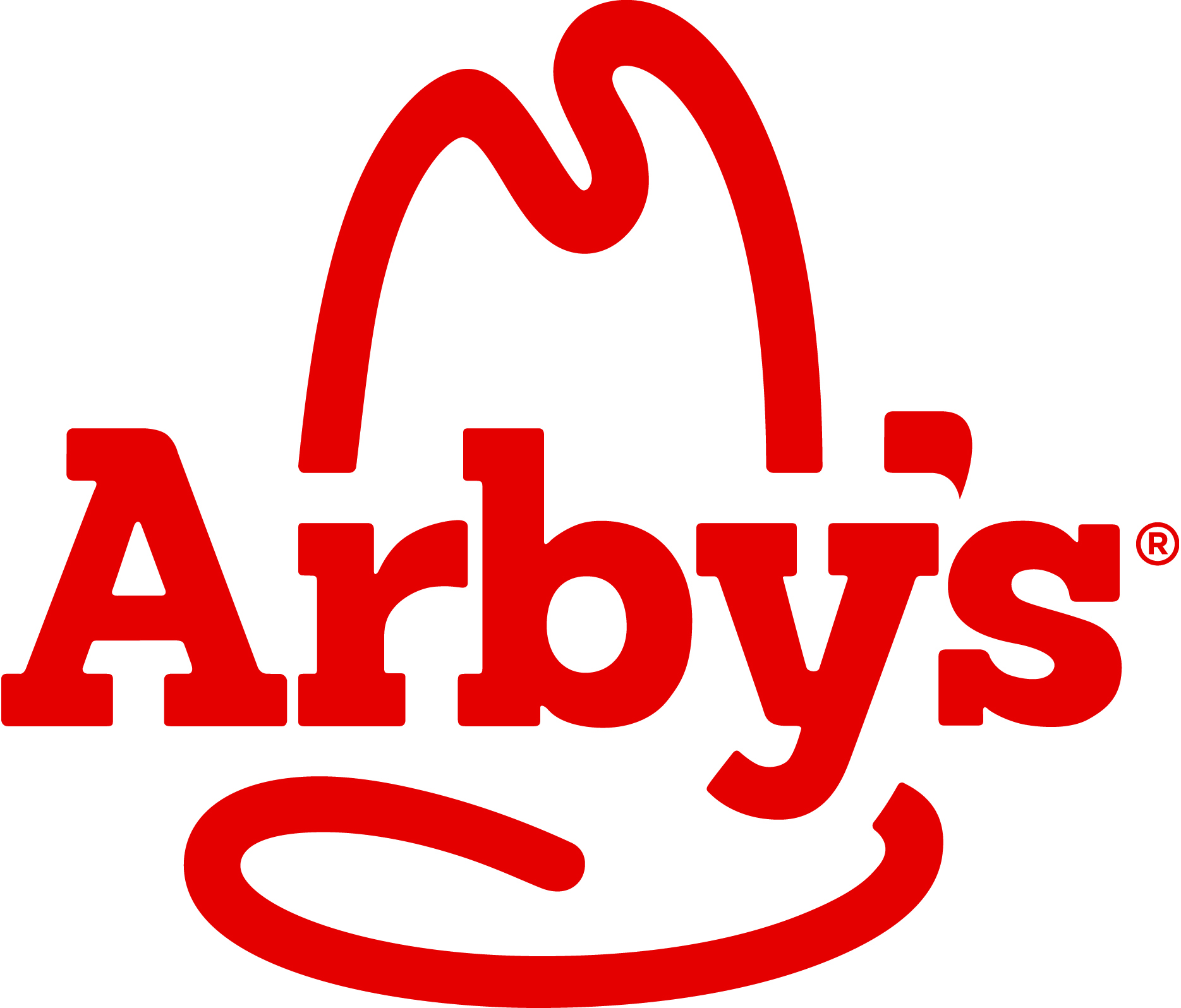Out of School, Out of Food: How We End Childhood Summertime Hunger
Arby's CEO Paul Brown calls on fellow business leaders to help end childhood hunger
Paul Brown, CEO, Arby's Restaurant Group, Inc.
For many kids, summer comes with the thrill of anticipation of bike rides, swimming, vacations and long, lazy days hanging out with friends. For nearly one million kids in Georgia, however, it’s a much different story. For those in low-income families, summer’s bright promise has been replaced with worry, anxiety and the threat of hunger.
In Georgia, 845,000 children rely on free or reduced-price meals during the school year to meet their nutritional needs, yet only 13.6 percent participate in summer meal programs. When the school year ends, these meals end as well, making summer the hungriest time of year for many kids.
For these children, hunger brings serious consequences that last long after the season ends. Summer hunger has an impact on academic achievement, brain development and overall health. Research studies also show that children from low-income families – the same group dependent upon school meals – lose more than two months of reading achievement over the summer months.
National summer meals programs, like the USDA’s Summer Food Service Program, were created 40 years ago to help students get nourishment when school is out of session. Under the current program, federally reimbursed meals are available to kids at sites across the country. When this program works well, kids have reliable access to healthy meals.
Unfortunately, the summer meals program doesn’t work effectively or efficiently in most places. As a result, 5 out of 6 kids nationally who may need these meals don’t get them.
Barriers are many. Parents don’t know the program exists. Excessive red tape discourages many organizations from becoming meal sites. Kids are required to eat their meals at the sites, but with parents at work and school buses out of service, transportation can be impossible. In rural areas and the suburbs, kids can live miles away from meal sites.
We can do better. This is not only the right thing to do. It’s also the smart thing to do.
When kids get the food they need, it does more than simply nourish them for the day; it builds a smarter, stronger, healthier generation. We’re unlocking their potential to become the next CEO, engineer, professor, innovator, athlete or small business owner.
The model is stale and children here in Georgia and in every pocket of our country hurt because of it. Can you imagine if we ran our businesses for 40 years with no change? We should be innovating vigorously around ending childhood hunger in America.
While we have much more work to do, the Arby’s Foundation brought that model of thinking to the solvable issue of childhood hunger and teamed up with Share Our Strength’s No Kid Hungry campaign to tackle summer hunger. In the last four years, this public/private partnership has raised more than $12.4 million. Together, we build on the work of the current summer meals program, leveraging the power of the private sector to scale the work and reach more kids in need across the country, including here in Atlanta this summer.
In 2015, Congress has the power through the Child Nutrition Reauthorization process to make changes that will lead to more kids getting the food they need. By building more flexibility into the summer meals program and helping it to run more effectively and efficiently in our cities, suburbs and rural communities, we can make sure our youngest generation gets the basic nourishment they need.
Companies have a unique skill set to bring to this fight and a stake in making sure that we are building a strong workforce for tomorrow, which will not happen if kids aren’t able to get the food they need today.
We can create transformative change and ensure a bright future for Georgia and for nation. To learn more, visit www.NoKidHungry.org.
Paul Brown is CEO of Atlanta-based Arby’s Restaurant Group.

